New Zealand blocks Huawei 5G network equipment
Officials say a ‘significant security risk’ was identified in the Chinese company’s technology
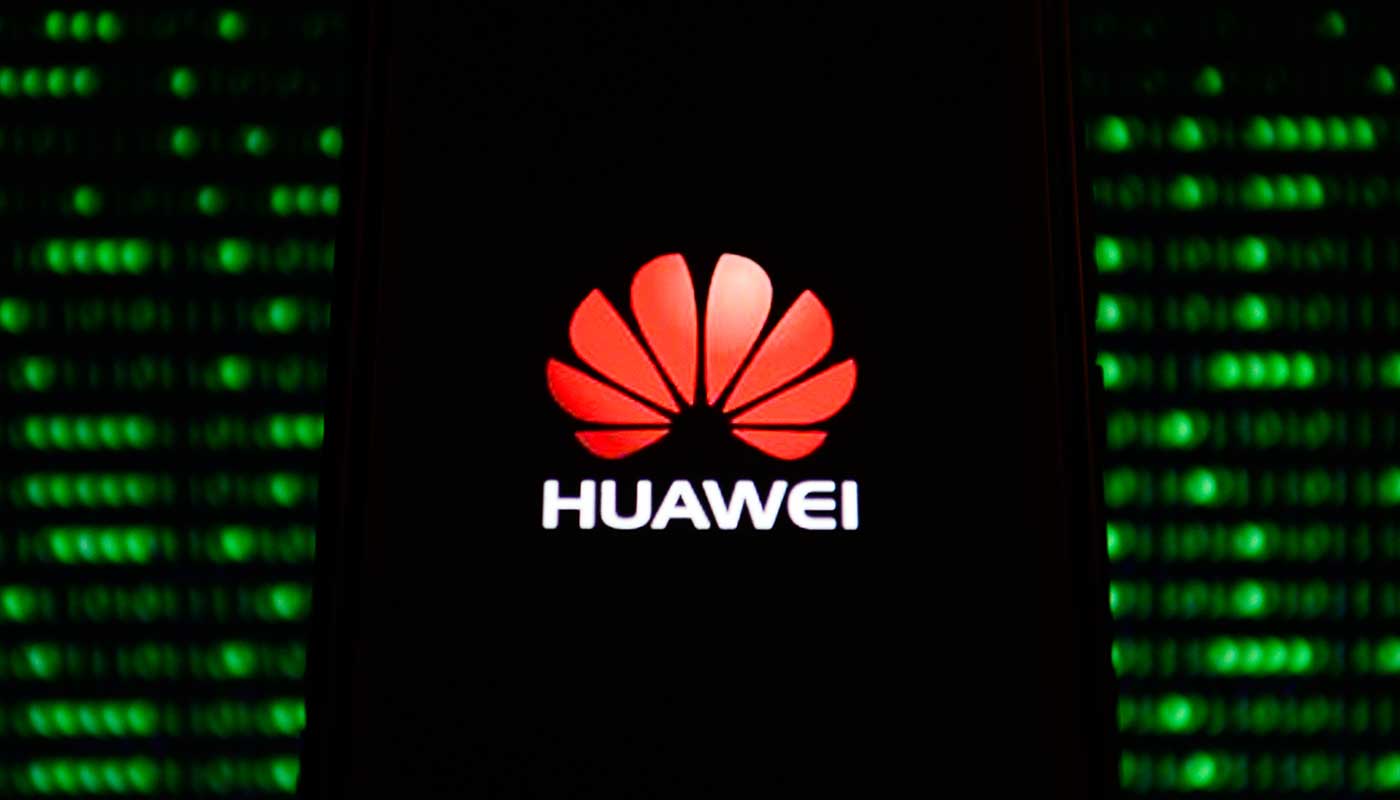
A free daily email with the biggest news stories of the day – and the best features from TheWeek.com
You are now subscribed
Your newsletter sign-up was successful
Chinese telecom supplier Huawei has been dealt a major blow by the New Zealand government, which has banned its top telecom provider from using the company’s technology to build its planned 5G network.
Andrew Hampton, Director General of New Zealand's spy agency, the Government Communications Security Bureau (GCSB), confirmed to CNN that a “significant network security risk was identified”.
The BBC says this is simply “a polite way of saying that Beijing might use the technology to spy on the country or disrupt its communications in a future dispute”.
The Week
Escape your echo chamber. Get the facts behind the news, plus analysis from multiple perspectives.

Sign up for The Week's Free Newsletters
From our morning news briefing to a weekly Good News Newsletter, get the best of The Week delivered directly to your inbox.
From our morning news briefing to a weekly Good News Newsletter, get the best of The Week delivered directly to your inbox.
New Zealand joins Australia and the United States in blocking Huawei from providing telecommunications equipment for 5G networks over fears of security issues with the technology.
The US has effectively banned the use of all Huawei equipment since 2012, and has been actively campaigning for allies to do the same. Canada is currently undertaking its own security review of Huawei products.
The UK government currently uses Huawei equipment, and has been working with the company to hunt for security flaws.
While no deliberate evidence has been uncovered, investigators did conclude in July that Huawei’s broadband and mobile infrastructure equipment has “only limited assurance” that the technology poses no threat to national security.
A free daily email with the biggest news stories of the day – and the best features from TheWeek.com
Huawei issued a statement confirming New Zealand’s decision, adding that it was an “ongoing process” and that the company would “actively address any concerns and work together to find a way forward”.
-
 Political cartoons for February 21
Political cartoons for February 21Cartoons Saturday’s political cartoons include consequences, secrets, and more
-
 Crisis in Cuba: a ‘golden opportunity’ for Washington?
Crisis in Cuba: a ‘golden opportunity’ for Washington?Talking Point The Trump administration is applying the pressure, and with Latin America swinging to the right, Havana is becoming more ‘politically isolated’
-
 5 thoroughly redacted cartoons about Pam Bondi protecting predators
5 thoroughly redacted cartoons about Pam Bondi protecting predatorsCartoons Artists take on the real victim, types of protection, and more
-
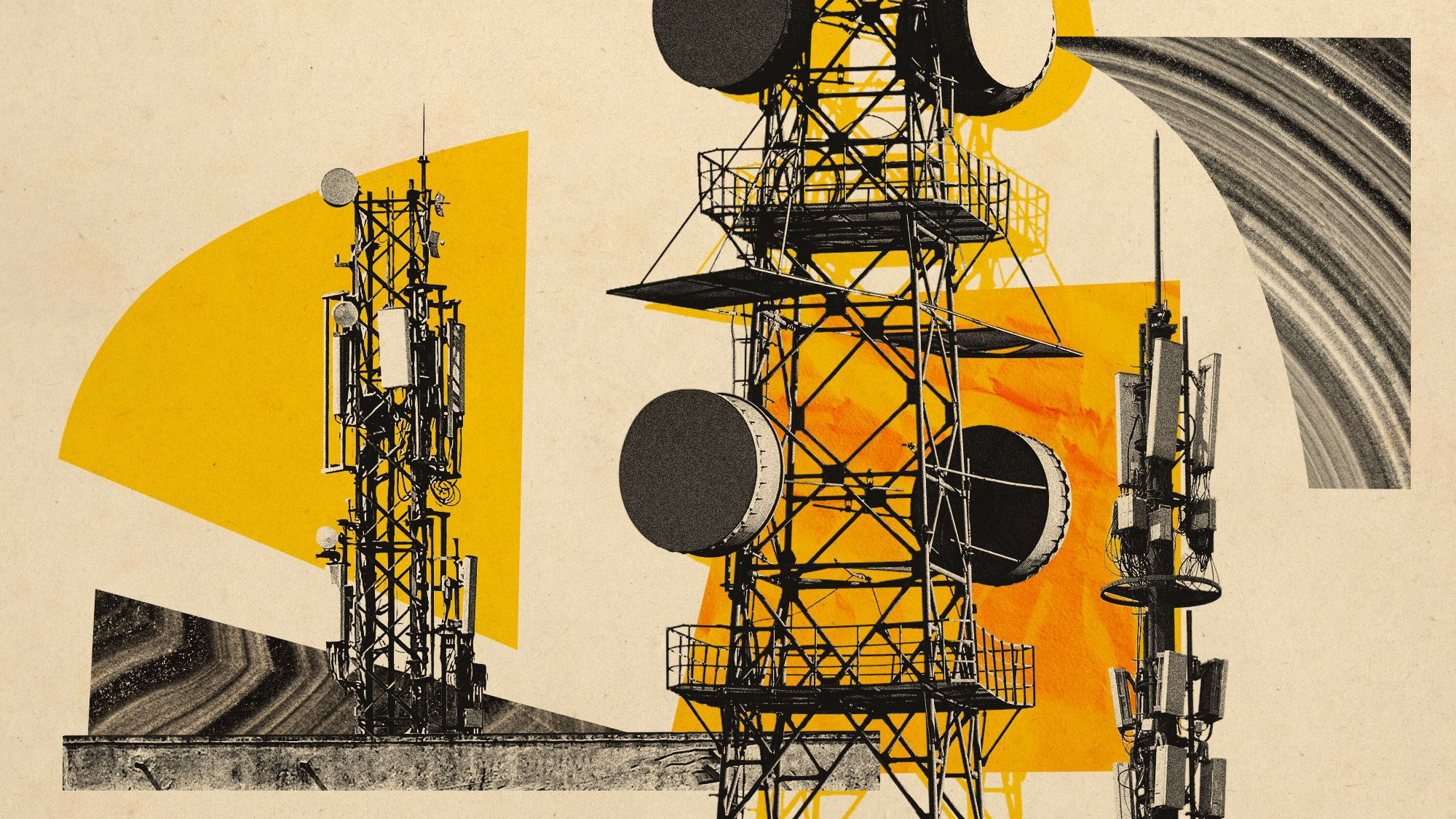 Why the UK phone signal is so poor
Why the UK phone signal is so poorUnder The Radar Having trouble connecting? A lack of investment, planning rules and even your home could be to blame
-
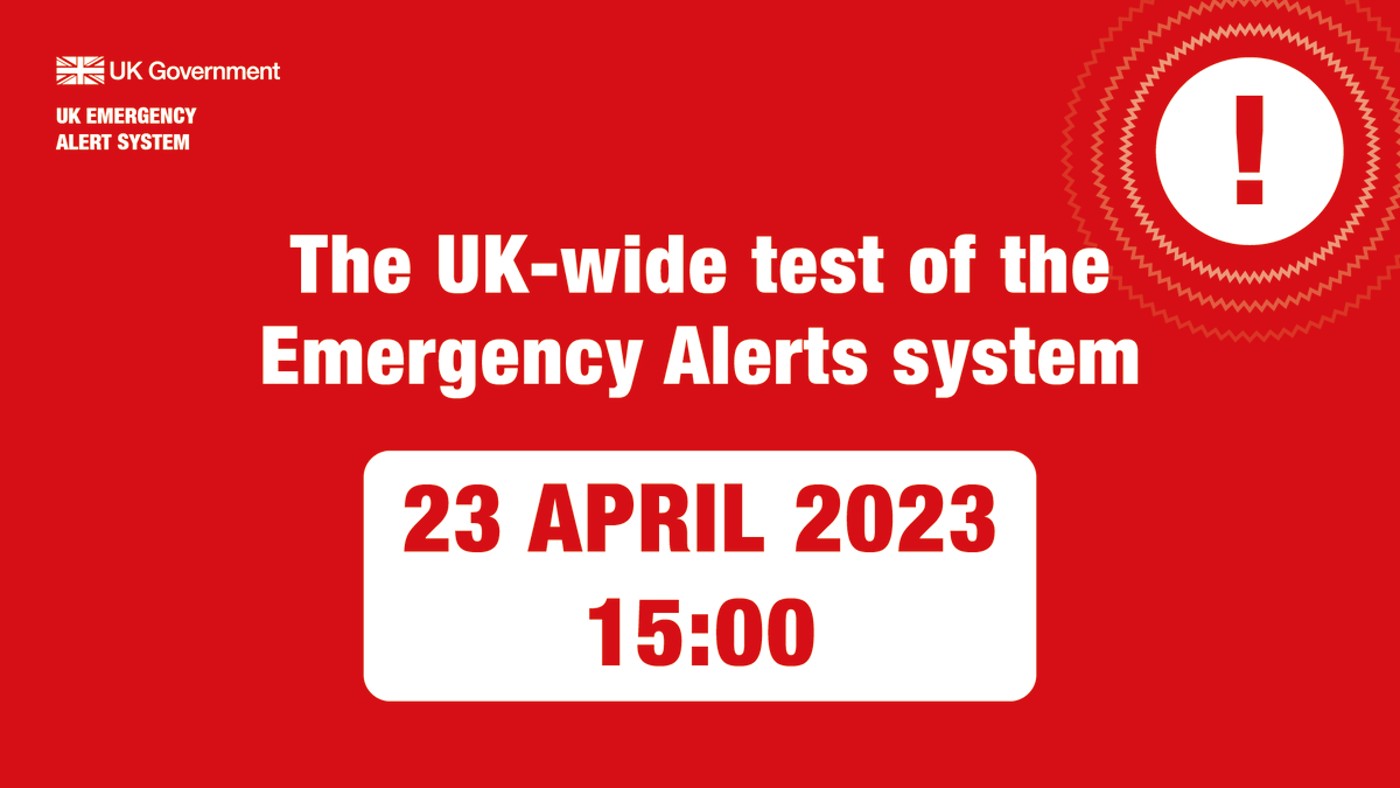 The UK’s new mobile emergency alert system: what is it and how does it work?
The UK’s new mobile emergency alert system: what is it and how does it work?feature Government will test new scheme this month with warning sound and vibration on nation’s phones
-
 How cybercriminals are hacking into the heart of the US economy
How cybercriminals are hacking into the heart of the US economySpeed Read Ransomware attacks have become a global epidemic, with more than $18.6bn paid in ransoms in 2020
-
 Language-learning apps speak the right lingo for UK subscribers
Language-learning apps speak the right lingo for UK subscribersSpeed Read Locked-down Brits turn to online lessons as a new hobby and way to upskill
-
 Brexit-hobbled Britain ‘still tech powerhouse of Europe’
Brexit-hobbled Britain ‘still tech powerhouse of Europe’Speed Read New research shows that UK start-ups have won more funding than France and Germany combined over past year
-
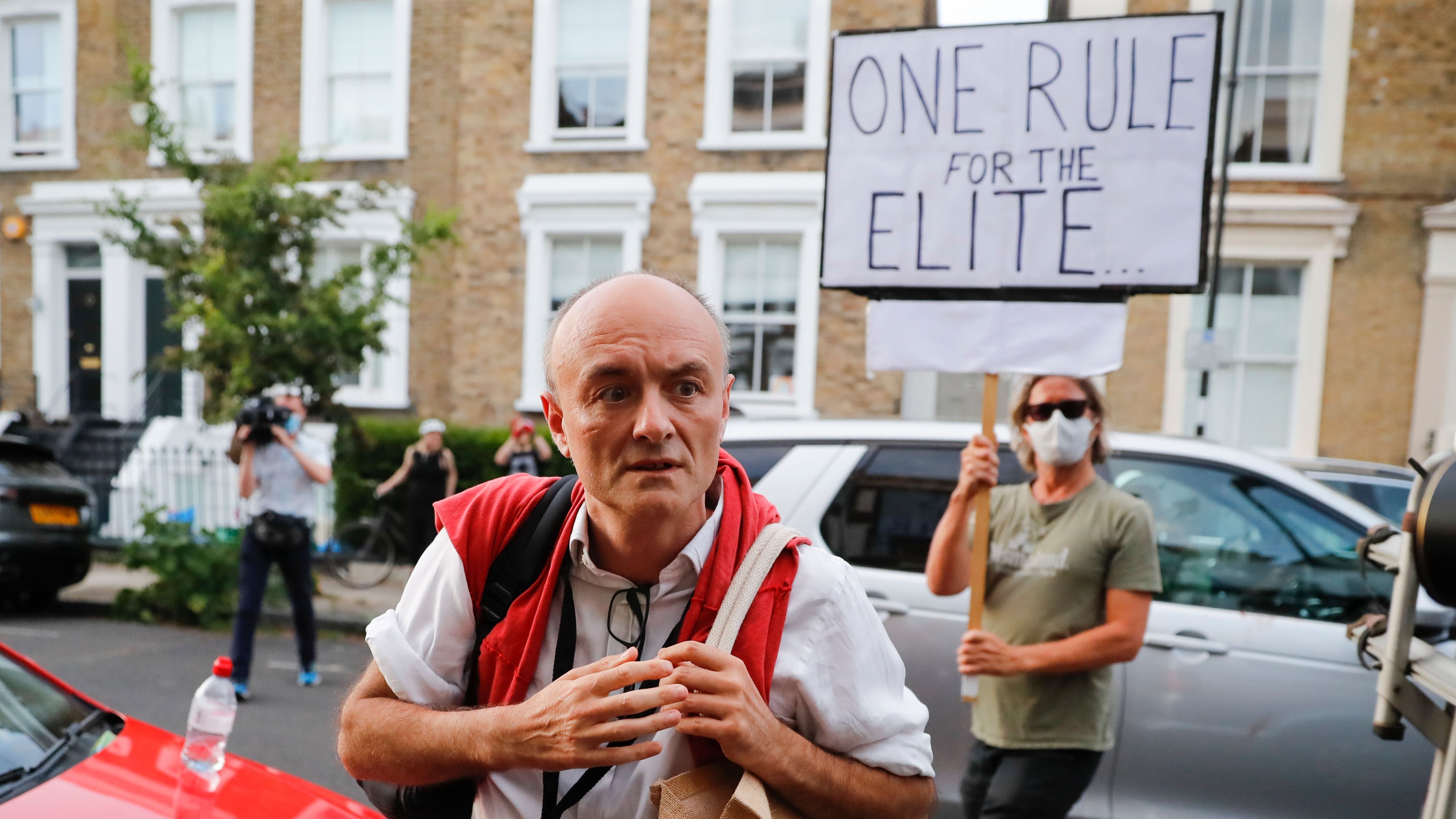 Playing Cupid during Covid: Tinder reveals Britain’s top chat-up lines of the year
Playing Cupid during Covid: Tinder reveals Britain’s top chat-up lines of the yearSpeed Read Prince Harry, Meghan Markle and Dominic Cummings among most talked-about celebs on the dating app
-
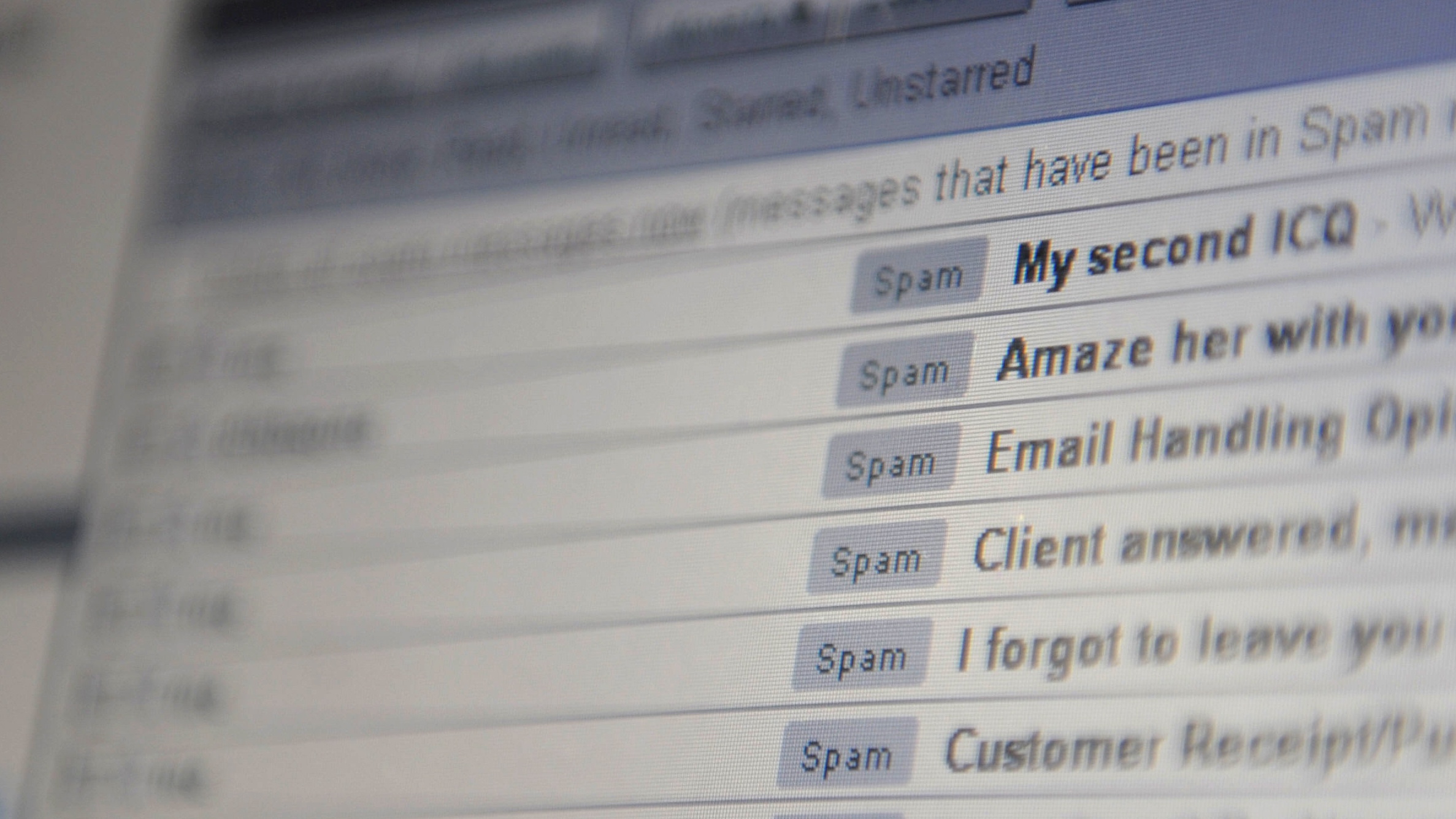 Brits sending one less email a day would cut carbon emissions by 16,000 tonnes
Brits sending one less email a day would cut carbon emissions by 16,000 tonnesSpeed Read UK research suggests unnecessary online chatter increases climate change
-
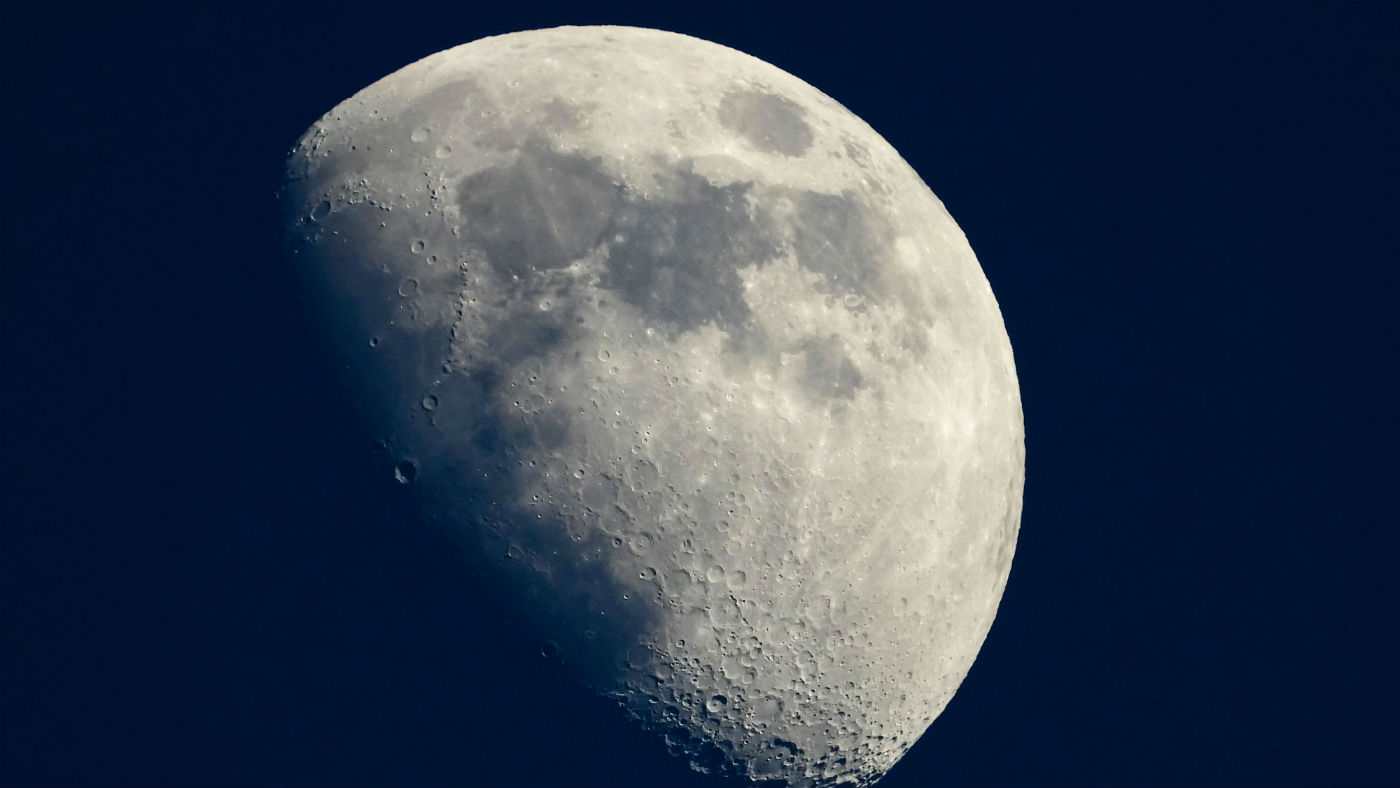 Reach for the Moon: Nokia and Nasa to build 4G lunar network
Reach for the Moon: Nokia and Nasa to build 4G lunar networkSpeed Read Deal is part of the US space agency’s plan to establish human settlements on the lunar surface